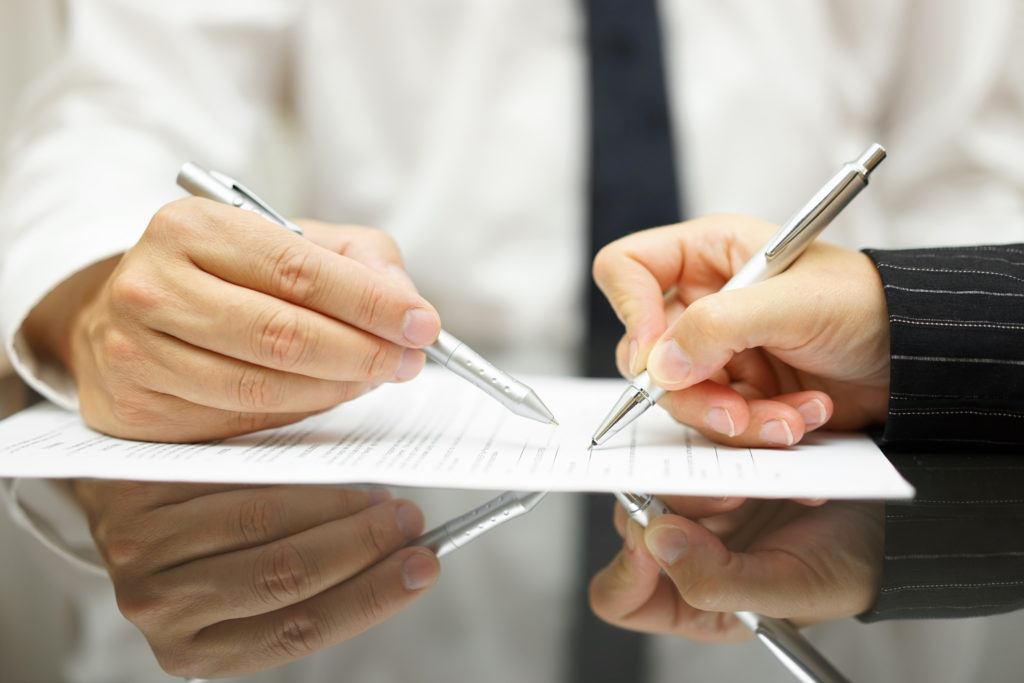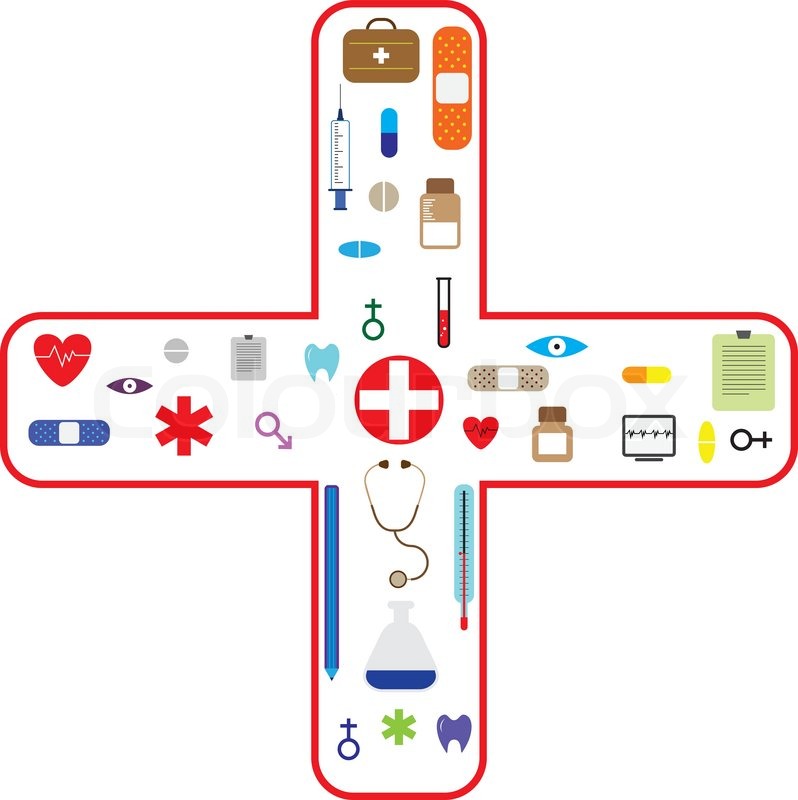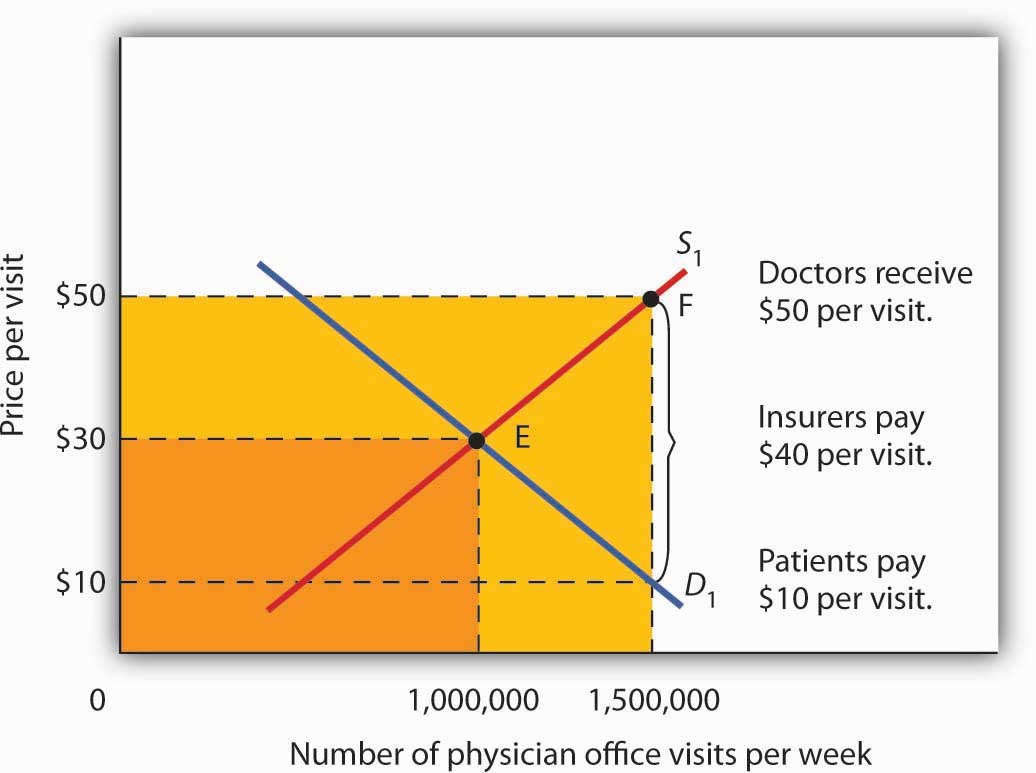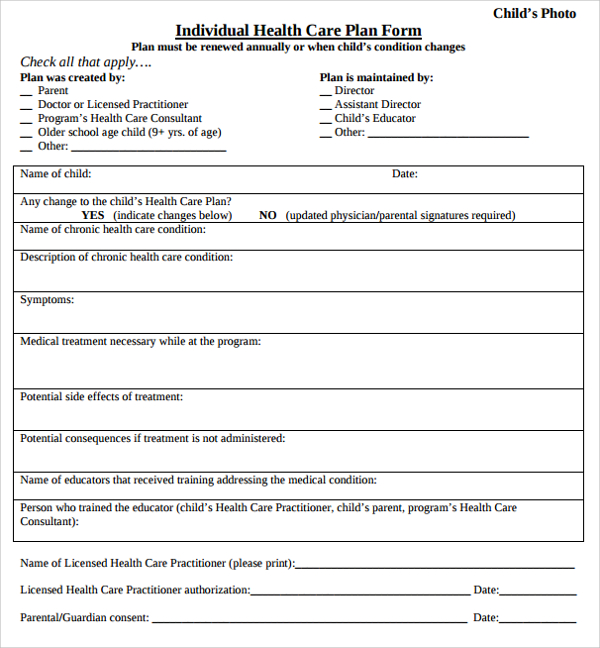Table of Content
And since homeowners insurance is required as a condition of a mortgage, it follows that you don’t need it once you’ve paid your mortgage off, right? Although homeowners insurance isn’t required by law, a lender may demand it if you want to obtain a mortgage. If you don’t have a mortgage or have already paid off your debt, you should still get homeowners insurance.
However, homeowners insurance is primarily designed to benefit you. Private mortgage insurance can cost hundreds of dollars per monthly in premium payments to protect your lender. Mortgage insurance protects a mortgage lender's financial investment in your home. It’s paid for by the homeowner, but it’s designed to cover the lender in the event you stop making payments on your mortgage.
More on Home Insurance
As a rule of thumb, it’s always a good idea to read your homeowners insurance policy in detail and ask your agent any questions you have so you’re fully aware of what coverages you have. And finally, veterans can secure loans through the Department of Veterans Affairs. Typically called a VA-backed loan, these mortgages don’t include mortgage insurance, as the fee is covered by the VA. You will, however, pay a “funding fee” which depends on your military service, the amount of your down payment, and your disability status.
Investopedia requires writers to use primary sources to support their work. These include white papers, government data, original reporting, and interviews with industry experts. We also reference original research from other reputable publishers where appropriate. You can learn more about the standards we follow in producing accurate, unbiased content in oureditorial policy. Which type of insurance you need depends on what kind of mortgage you have, the size of your down payment, and how close you are to paying off your mortgage.
Do I Need Mortgage Insurance?
You are still free to choose the insurance company and change it at any time, but the lender will make sure that the payment is made and the policy remains in good standing. Mortgage insurance, also known as private mortgage insurance , protects mortgage lenders if the borrower doesn’t repay their mortgage. Borrowers of conventional loans are typically required to pay PMI when they make a down payment of less than 20% when purchasing a home. The PMI premiums will be canceled after a certain portion of the mortgage is repaid. Borrowers of FHA and USDA loans who put down less than 20% also have to pay mortgage insurance premiums , which can’t be canceled in most cases.

The loan does not have to be repaid until the borrower moves, sells, or dies. Affordability calculator Calculate the price of a home you can afford.Loading... Rent or buy calculator Estimate when it makes sense to buy or rent.Loading... Refinance calculator Decide if mortgage refinancing is right for you.Loading... Seller's marketplace Explore your selling options and get instant offers.Loading... But when it comes down to it, you’ve got a massive loan on the property, so it’s really the bank’s more than it is yours.
Mortgage Insurance Vs Home Insurance
Fires, theft and vandalism, and natural disasters such as hurricanes, tornadoes, and snowstorms are usually covered. If you’re forced to live elsewhere during repairs to your home, a homeowners policy will cover your lodging and some of the extra services you may need because you’re not living in your home. Sometimes in mortgage documents, lenders will refer to hazard insurance as opposed to homeowners insurance, further complicating the vocabulary of the closing.

PMI guarantees that the bank’s risk will be reimbursed for loaning money to you. Making a mortgage insurance payment 30 days late will have little to no effect, as long as you don’t turn this mistake into a habit. Mortgage insurance, also called PMI, protects the lender and not you- the borrower if you do not honor your obligations. When you fail to make your loan payment, you risk losing your home, and you may also hurt your credit rating. However, the good news is that you may not be required to pay for PMI if the loan you get doesn’t want the 20% down payment.
PayPal vs. credit cards
Bankrate is compensated in exchange for featured placement of sponsored products and services, or your clicking on links posted on this website. This compensation may impact how, where and in what order products appear. Bankrate.com does not include all companies or all available products. If you notice a credit card transaction on your account you did not make, report it to your card issuer immediately.

Your policy may also have open perils coverage or named perils coverage. Even in rare cases where your lender does not require you to have home insurance or if your home’s mortgage is paid off, it is a prudent financial decision to have protection through insurance. The home insurance premium is small compared to the cost of repairing or replacing a home and belongings out of pocket in case of a loss. As we noted already, PayPal encrypts your payment information in order to keep your sensitive financial information safe from hackers and thieves.
Some MPI policies will also cover your mortgage payments if you become disabled or unemployed. Borrowers are normally required to take out mortgage insurance when they supply a down payment of less than 20% of the home’s purchase price. This applies if you’re taking out a conventional loan, or if you’re refinancing your home and the equity is less than 20% of its value. For Federal Housing Administration mortgage loans, a mortgage insurance premium —the equivalent of PMI—is always required. How much PMI will cost you depends on both your credit history and how much you borrow.
Even after you repay your mortgage, it’s wise to maintain your homeowners insurance policy. While it’s not a requirement at this point, the policy will protect you from financial loss if something happens to your home or belongings. Without homeowners insurance, you would have to pay to rebuild your home or replace all your belongings yourself, which could be financially devastating. If the homeowner wants to put their house on mortgage, having hazard insurance coverage in their home insurance policy is mandatory. This is because it covers the entire property structure that the lenders are concerned with. So once you’ve purchased your home and mortgage insurance you’re done, right?













